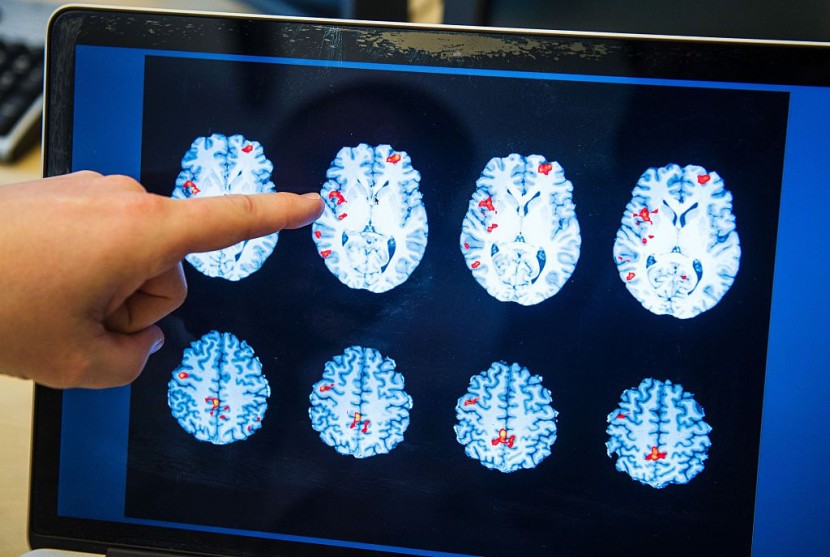
An experimental treatment for Alzheimer's disease mildly slowed down the brain illness' progress, but experts still seek for more information to fully understand how the effects of the new drug.
Earlier this autumn, Eisai, a Japanese pharmaceutical company, and Biogen, a US drug firm, reported that lecanemab looked to function, providing a much-needed ray of hope after years of fruitless research to develop an effective Alzheimer's disease drug.
Promising Findings
The firms released the entire findings of the research of roughly 1,800 patients in the initial stages of the brain illness late Tuesday. The information was revealed at a San Francisco Alzheimer's conference and released in the New England Journal of Medicine.
Dr. Michael Irizarry of Eisai told The Associated Press that new Alzheimer's disease drug slowed patients' decline by roughly five months throughout the 18-month research. The research also found that lecanemab patients were 31% less likely to progress to the subsequent stage of Alzheimer's disease.
He noted that the result of the Alzheimer's disease drug trial "translates to more time in earlier stages" when people perform better. The study's subjects were given either lecanemab or a placebo infusion intravenously every two weeks. Researchers followed them using an 18-point cognitive and functional abilities assessment.
Researchers led by Dr. Christopher van Dyck at Yale University found that those who were administered lecanemab Alzheimer's disease treatment decreased at a slower rate for 18 months. The difference was almost half a point on this scale.
According to a Yahoo! News report, the proteins amyloid-beta and tau accumulate in the brains of patients with the brain condition. Plaques build out of them, affecting cell function and resulting in symptoms like disorientation and memory loss.
Amyloid-beta clumps may be eliminated with the use of the monoclonal antibody lecanemab. Clinical Dementia Rating Scale Sum of Boxes (CDR-SB) scores were around 3.2 for all study participants, and the groups were randomly assigned to receive either an active treatment or a placebo.
The severity of dementia may be measured using this score, which ranges from 0 (no impairment) to 18.0 (extreme impairment). With a score of 3.2, impairment is considered to be minimal at best.
Alzheimer's disease patients in the lecanezumab group observed an increase of 1.21 points over 18 months, whereas patients in the placebo group reported an increase of 1.66 points.
Further Study Needed
Despite the promising result, there is disagreement among doctors on how much of a difference that may make for patients and families, particularly given that the Alzheimer's disease treatment includes some concerning possible safety hazards, such as brain inflammation.
Dr. Madhav Thambisetty of the National Institute on Aging, who noted he was not speaking for the government agency, remarked that it is "unlikely" that individual patients will notice the reported minor disparity in the trial, as per a report from BBC.
The "real world" effects of lecanemab are controversial among scientists and physicians. With the use of symptom ratings, researchers were able to observe the drug's attenuated fall. The scale has 18 points, from "normal" to "severe dementia." They found a 0.45-point improvement in those who took the medication.
Dr. Susan Kohlhaas of Alzheimer's Research UK remarked that the "modest effect" of lecanemab still provides experts with "a little bit of a foothold" that will help improve the next generation of Alzheimer's disease treatment.
Though, the study also indicated that the Alzheimer's disease drug also has dangerous side effects. Among the subjects, brain enlargement occurred in 13%, and bleeding into the brain occurred in 17%. In all, 7% of medication recipients had to discontinue usage due to damaging outcomes.
What happens after the 18-month experiment is a vital subject, and the solutions are still up for debate.








